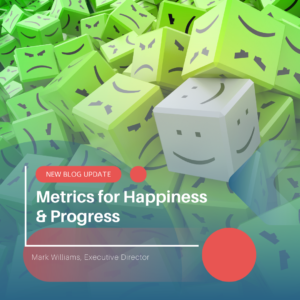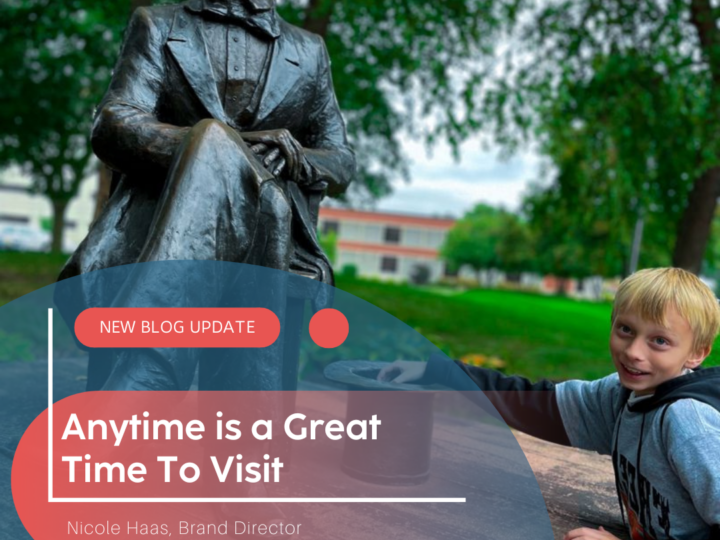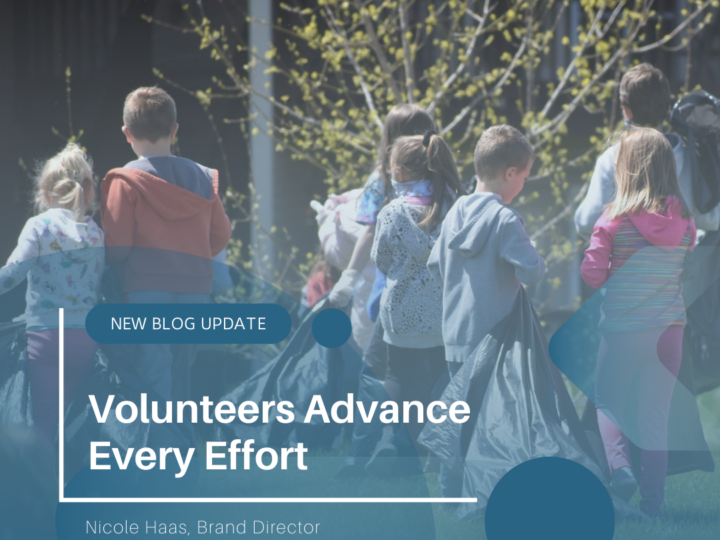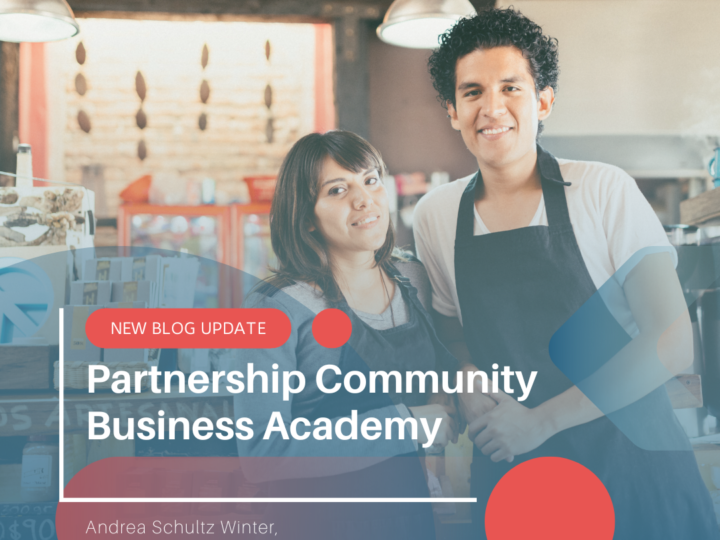 Lamenting over disappointments in sports scores can get us in a rut on Sunday nights. However, I wasn’t unhappy for long as I came back into my priorities and things that mattered most. I knew I had a great, meaningful job to go to in the morning and work with some fun and talented people. In reflection of my weekend, I was able to go with some Freeport friends to Cheese Days in Monroe and the Northwest Illinois Airshow at Albertus Airport. I got a workout in and had time to start reading a new book called Blind Spot: The Global Rise of Unhappiness and How Leaders Missed It, written by Jon Clifton, CEO of Gallup and Grandson of Don Clifton – founder of CliftonStrengths Assessment. The book was released on September 13, 2022.
Lamenting over disappointments in sports scores can get us in a rut on Sunday nights. However, I wasn’t unhappy for long as I came back into my priorities and things that mattered most. I knew I had a great, meaningful job to go to in the morning and work with some fun and talented people. In reflection of my weekend, I was able to go with some Freeport friends to Cheese Days in Monroe and the Northwest Illinois Airshow at Albertus Airport. I got a workout in and had time to start reading a new book called Blind Spot: The Global Rise of Unhappiness and How Leaders Missed It, written by Jon Clifton, CEO of Gallup and Grandson of Don Clifton – founder of CliftonStrengths Assessment. The book was released on September 13, 2022.
The author describes how economic models, albeit good, should never be used by leaders to understand how people are feeling. GDP and unemployment, the rise and fall of the stock market, although good economic indicators are not necessarily reflective of the emotions of people or citizens as they make decisions.
Behavioral economics on the other hand is the science of decision-making and understanding why people make the decisions they make. Based on the author’s research, seventy percent of the decisions we make are not rational, they are emotional and influence our decisions in the workplace.
The author builds around what he defines as the five elements that make up a happy life. Work wellbeing – how emotionally attached are you at work; financial wellbeing – how you feel about your finances; community wellbeing – how you feel about the community around you – do you feel safe walking alone at night?; physical wellbeing – do you have access to good health care and food?; social wellbeing – the relations you have with your family and friends.
The author goes on to say happy people are usually looking for opportunities to get engaged and have social interactions while the unhappy people tend to be negative and complain on those trying to do good. One interesting fact with our own organization is that the people who are negative toward the Partnership are not members of our organization and thus not engaged to the extent they could be.
I look forward to this week and I hope you do as well. I especially look forward to seeing you at the Pretzel City Brewfest this coming weekend. Until then stay positive and stay happy!
Mark Williams is the Executive Director for the Partnership. He can be reached at mwilliams@greaterfreeport.com or 815-233-1356.




